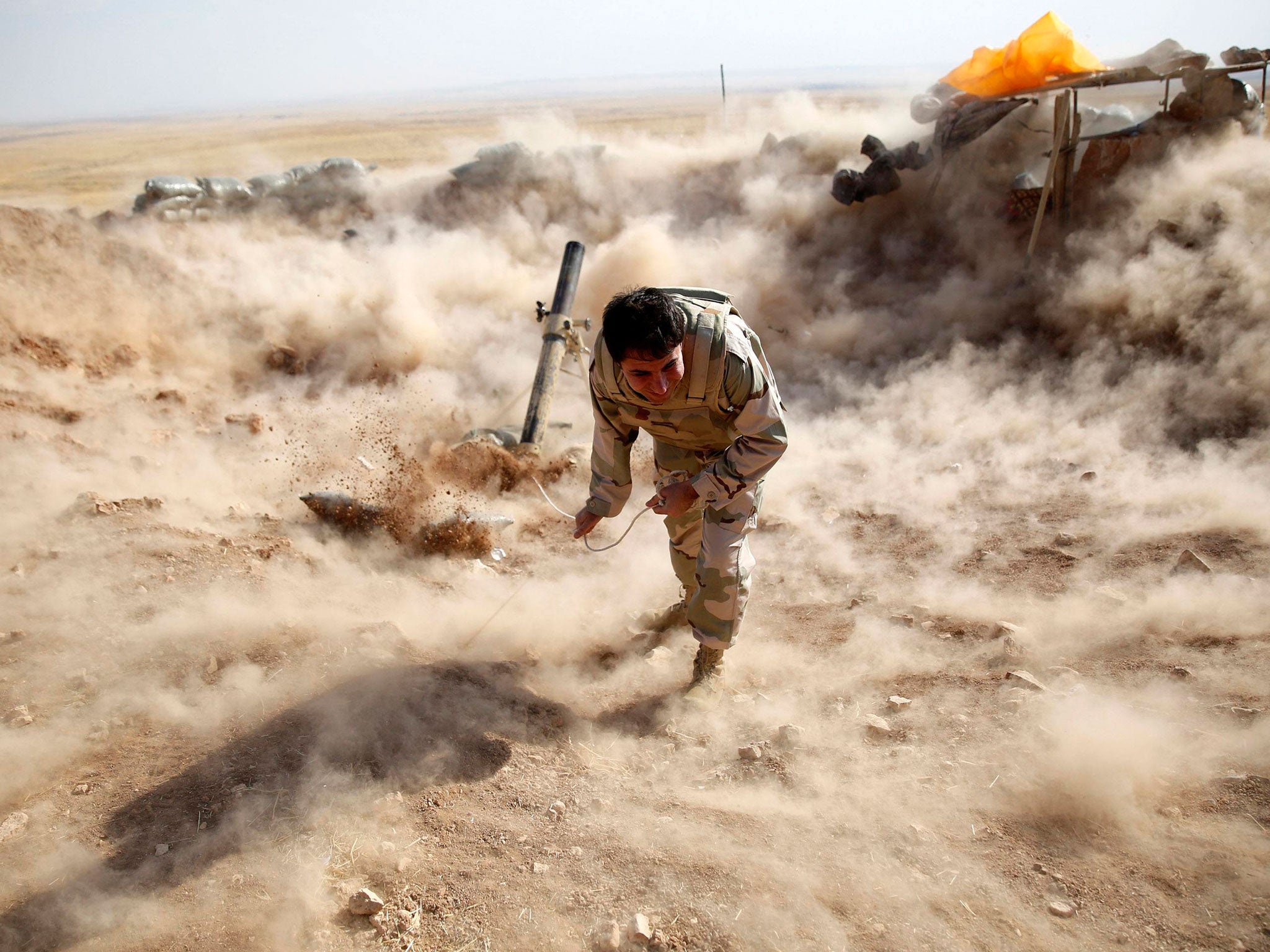Isis in Iraq: Former Iraqi Prime Minister Nouri al-Maliki could face trial over the fall of Mosul
Nouri al-Maliki could face trial after report accuses him of negligence corrupt officers

Former Iraqi prime minister Nouri al-Maliki could face trial over the fall to Isis of Iraq’s second city of Mosul, which led to the declaration of its caliphate last summer.
Mr Maliki is one of around 30 senior officials named in a report that has been approved in parliament. It calls for Mr Maliki to face trial for what it says was negligence in choosing corrupt officers who failed to respond to the threat adequately.
“No one is above the law and accountability to the people,” said parliament speaker Salim al-Jaburi in a statement after receiving the report, which was passed by a show of hands in parliament. “The judiciary will punish perpetrators and delinquents,” he added.
The report will now be given to Prime Minister Haider al-Abadi and the public prosecutor.
The release of the report comes amid growing public anger at government mismanagement and just days after Mr Abadi won support for a slew of parliamentary reforms, including eliminating the country’s three deputy prime ministers and three vice-presidents, a post Mr Maliki currently holds.
Over the weekend Mr Abadi also approved the referral of military commanders who abandoned their posts in the city of Ramadi when it fell to Isis earlier this year to a court marshal, marking the first probes into the loss of more than a third of the country to the group which began with the fall of Mosul last year.
Sajad Jiyad, an Iraq researcher, said the moves could be a turning point for the country.
“This is a significant point in Iraq’s past, present and future. If Abadi manages to make these reforms stick, and trickle down to equivalent change in people’s lives, the country could become stronger. If he fails to make them stick, the country could take a turn for the worse,” he said.
Recent protests have focused on political corruption and the failure of the state in providing basic services, sparked by power cuts in the middle of one of the country’s most brutal heatwaves in recent years. To many people the fall of Mosul on 10 June last year represented the worst consequences of the Iraqi government’s mismanagement and corruption, and laid bare the impotence of the Iraqi army.
The 30,000 troops stationed in the country’s second biggest city proved unable, or unwilling, to take on 1,500 Isis fighters that descended on the city. More than 500,000 Iraqis were forced to flee the city. Reports trickling out from those who have been left behind describe a city under Isis’s strict interpretation of shariah law in which punishments for transgressions include flogging, amputating of hands and executions.
The fall of Ramadi earlier this year and the subsequent bid to reclaim it has stretched resources and pushed Mosul to the bottom of the agenda for the Iraqi army and its US allies.
Mr Maliki has been directly blamed for extending patronage along sectarian lines, contributing to a growing disenfranchisement among the Sunni-majority population of the Nineveh province, of which Mosul is the capital.
“The fall of Mosul is seen as an indicator of Iraq’s failure and or Iraq as a failed state. It is a stain on Iraq,” said Mr Jiyad.
However, Mr Jiyad cautioned against the legal weight of the report, which names over 30 other senior officals, including Mosul Governor Atheel al-Nujaifi and former acting defence minister Sadoun al-Dulaimi.
“[It] seems to be that parliament has thought anyone who had anything to do with Mosul is implicated in the fall of it,” he said.
It is unclear whether or not the report, which relies upon interviews with members of the army and auditing of its movements, will lead to the prosecution of Mr Maliki or others. “Without more detailed data, I don’t think it’s possible to implicate direct responsibility,” Mr Jiyad said.
Join our commenting forum
Join thought-provoking conversations, follow other Independent readers and see their replies
Comments